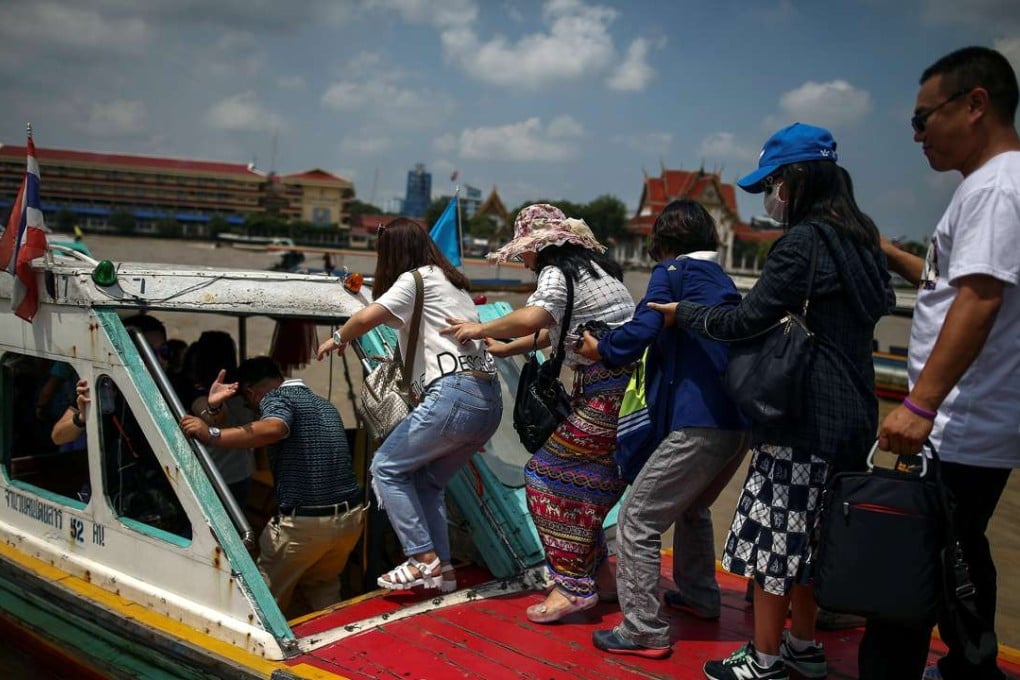Educate the bad apples among Chinese tourists
A small fraction of mainland travellers are giving the country a bad name but with time and proper guidelines, their behaviour will improve

A boom in Chinese tourism has proved to be a mixed blessing for some countries. While the influx of Chinese visitors brings a boost to their local economies, the clash of cultures also creates tension and conflict. The latest controversy saw a group of mainland Chinese scuffle with police at an airport after they had been stranded by one of the worst snowstorms in decades in the Japanese island of Hokkaido during Christmas. The case has, unsurprisingly, aroused attention in Japan and elsewhere.
Travellers were understandably upset by the delays, as reflected by the barrage of criticism on social media. How certain airlines dealt with the situation also fell short of passengers’ expectations. But such grievances are no excuse for unruly behaviour. As seen in video captured by onlookers and broadcast on Japanese media, the mainland tourists clashed with police officers at the airport after about 280 flights had been cancelled due to the heaviest snowfall in more than 50 years. No arrests were made.
The unruly crowd was obviously overwhelmed by emotion and some thought they could get their way by acting out of line. While it was an isolated incident, the bad publicity only further stains the image of mainland tourists. The footage has also fuelled racist comments on the internet.
This is not the fist time mainland tourists have made headlines for the wrong reasons. In October, seven Chinese tourists were indicted by South Korean prosecutors for allegedly assaulting a restaurant owner, after she did not want them to drink the alcohol they had brought with them and had told them to leave. The misdemeanours of some mainland tourists, such as jumping queues or not observing in-flight safety rules, have also brought criticism.
It would be wrong, however, to assume all Chinese tourists are ill-mannered. Cases brought to public attention account for a tiny fraction of the tens of millions of tourists venturing out into the world each year. Many who have travelled abroad have become more sensitive to cultural differences and behave no differently than tourists from other countries.
